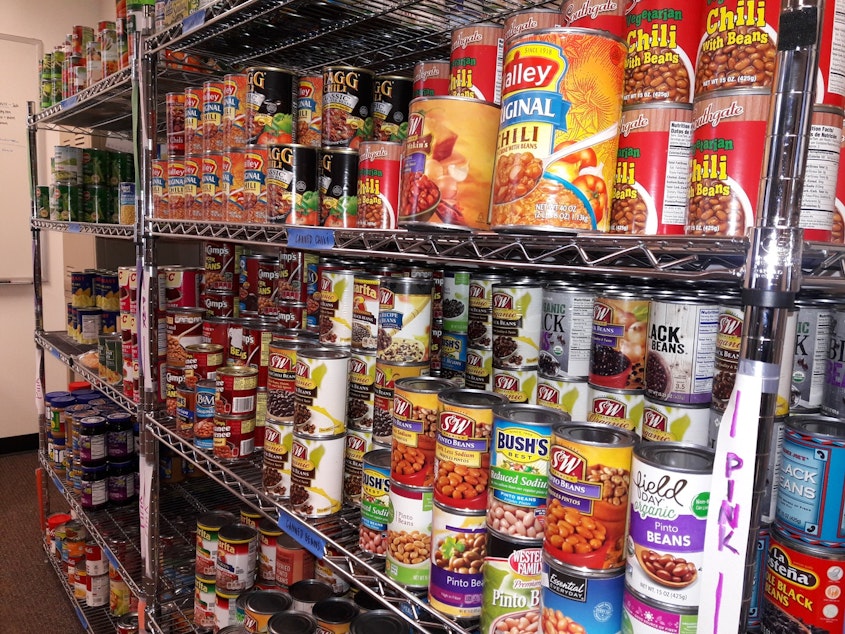Abuse survivors, food banks suffer during government shutdown

The Violence Against Women Act pays for legal and social services for victims of violent crime.
The act lapsed nearly two weeks ago, when the federal government shut down.
"Survivors of domestic violence, sexual assault, child abuse, elder abuse, pretty much anything you can think of where a human has harmed another human, we're there to help them pick up the pieces,” said Alex Panagotacos of Rural Resources, a nonprofit group that helps survivors find shelter and housing in Eastern Washington.
Panagotacos said the group depends on money from the act.
“It would be absolutely devastating if it's not reenacted soon. We are fortunate that we save money, but it can only sustain us for so long,” she said.
Federally-funded food banks in Washington are, so far, holding on. The government issues food and money to Washington State's Department of Agriculture, which allocates it to hundreds of local food banks and social service contractors.
Sponsored
Kim Eads directs the department's Food Assistance program. She said the state already placed food orders through February and the vendors are obligated to honor those contracts.
But, she said their food resources would run out after then. If the shutdown continues after February, federal funding that goes toward paying staff would also dry up.
On average, federal dollars represent about 10 percent of overall funding for food banks, according to the Washington State Department of Agriculture. For smaller food banks, however, it often makes up a large portion of their funding.
Regardless of when the shutdown ends, there is a possibility that federally funded workers could see gaps in their future paychecks, representing the time they worked during the shutdown. Eads said it's up to Congress to ensure there is enough money in the next funding resolution to retroactively pay workers for the time of the shutdown.
It impacts contract workers at certain large food banks and organizations that serve tribal communities or seniors.
Sponsored
Dozens of food banks in Washington state face that possibility. If Congress does not include retroactive pay for government contractors, it would be up to those contractors in Washington state to decide whether to go into the red and pay workers in full anyway.
Congress has not always approved retroactive pay for contractors, though lawmakers are considering a bill to require back pay in future shutdowns.





